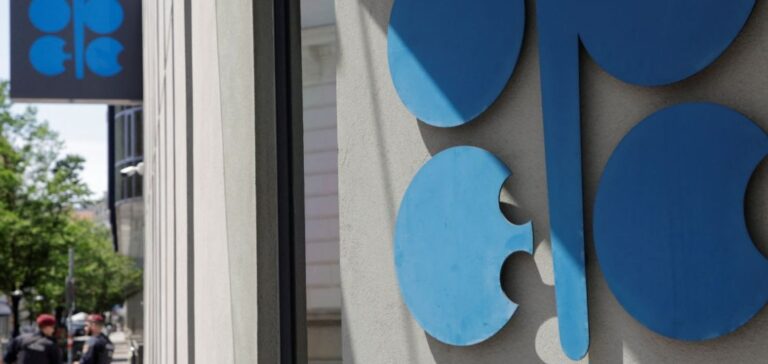After a postponement due to disagreements, Opep+ has finally decided on further oil production cuts in 2024. This decision is intended to counter the recent fall in oil prices, a crucial issue for the global economy. Despite the absence of a comprehensive collective agreement, several member countries, notably Saudi Arabia and Russia, have taken significant steps to reduce their production.
Measures taken by Saudi Arabia and Russia
Saudi Arabia, a major player in the alliance, has announced the extension of its production cut by one million barrels a day until the end of the first quarter of 2024. At the same time, Russia decided to cut its exports of crude oil and petroleum products by 500,000 barrels a day. These measures reflect the desire of the alliance’s two largest producers to stabilize markets.
Market reactions and expert analysis
Markets reacted with some disappointment to the absence of a unified OPEC+ agreement, leading to a temporary 3% drop in US WTI. Jorge Leon, analyst at Rystad Energy, sees this as a mixed victory for Saudi Arabia, which only managed to convince seven members of the alliance.
Internal reluctance and discord
Angola and Nigeria, two African member countries, have shown reluctance, wishing to increase their quotas to boost their oil revenues. These disagreements underline the internal challenges within Opep+ and the divergence of interests between its members.
Opep+ strategy and new players
Since the pandemic, OPEC+ has alternated between increasing and reducing production, against a backdrop of economic uncertainty. Nevertheless, their strategy is struggling to stabilize prices over the long term. Brazil’s potential entry into the alliance in 2024 could redefine oil market dynamics.
Recent OPEC+ decisions reveal the complexities and internal tensions of the alliance, against the backdrop of a changing oil market. The future of the Opec+ production policy and its impact on the global economy remain subjects of major interest.





















